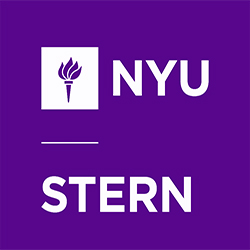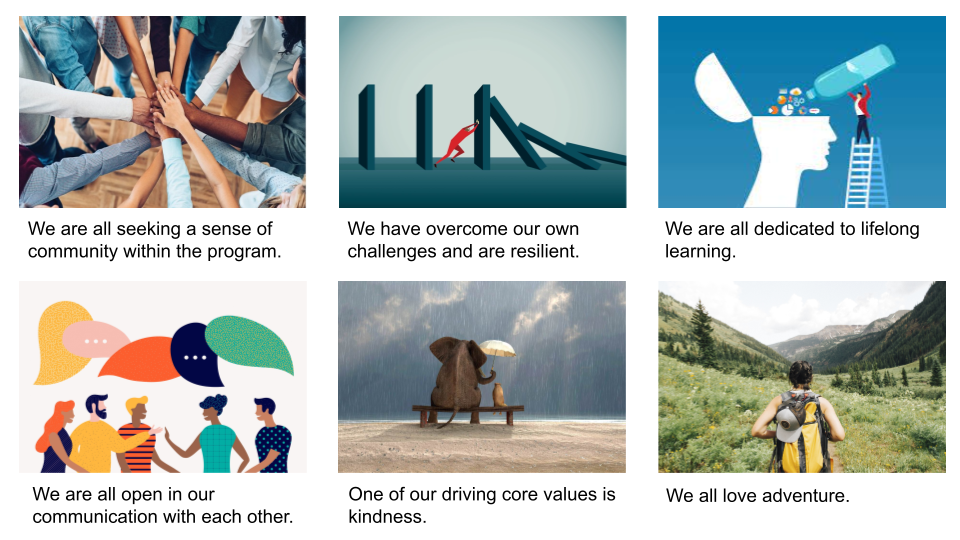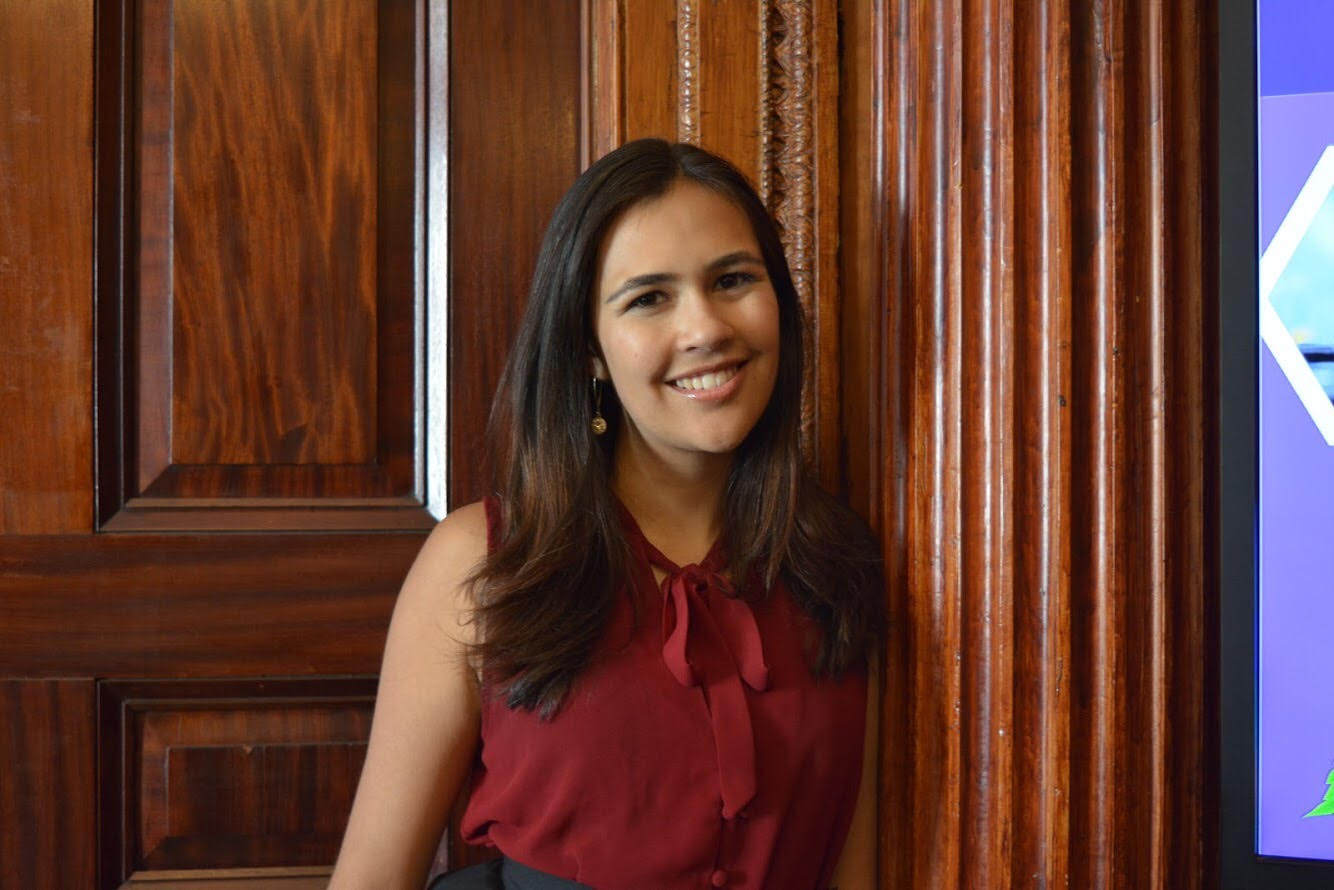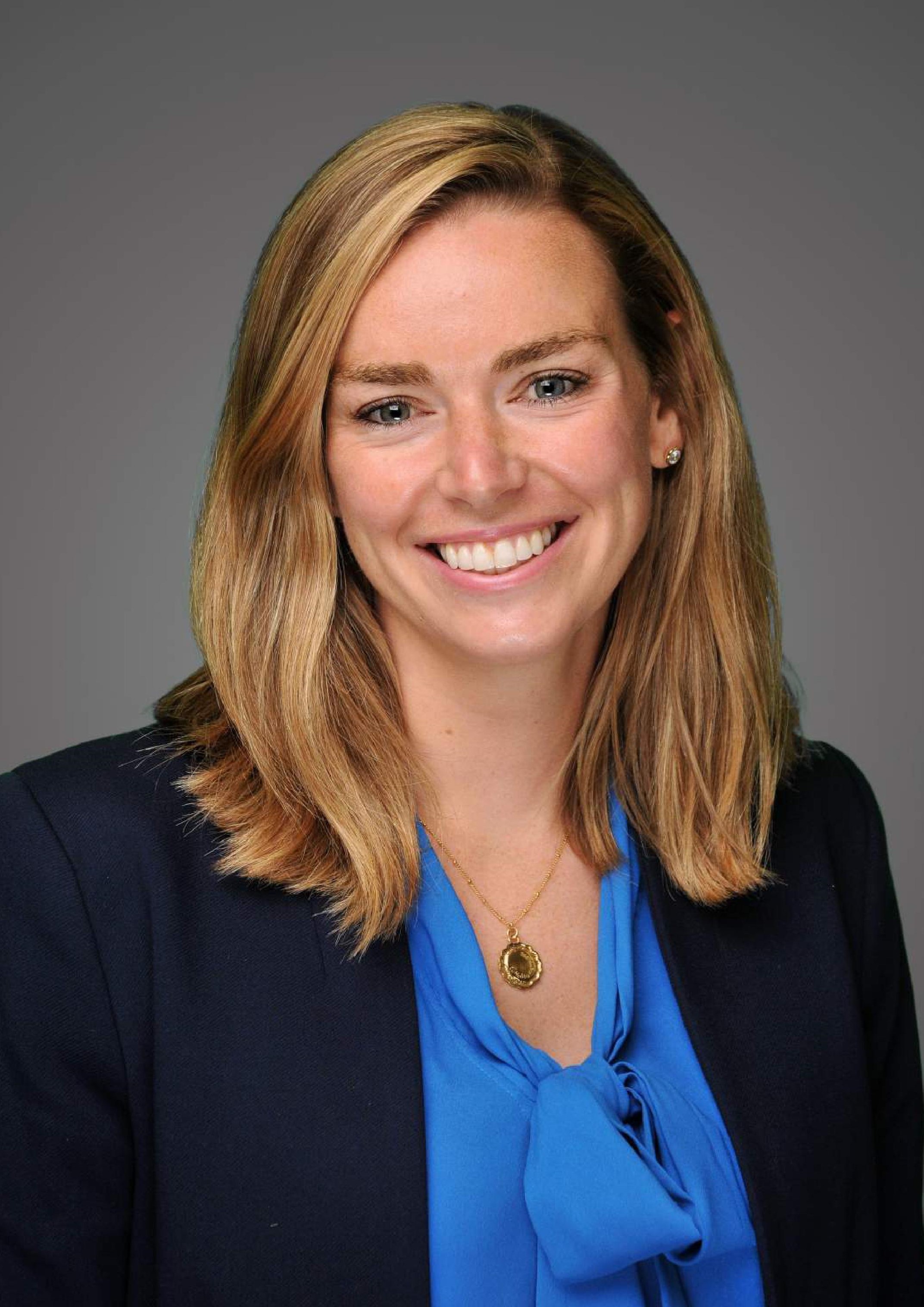 Catherine is a Senior Associate Director at NYU’s Stern School of Business, and has been with Stern since 2016. Outside of recruiting the next class of Sternies, she enjoys watching football (NY Giants & Boston College) as well as working her way through her extensive list of NYC restaurants to try.
Catherine is a Senior Associate Director at NYU’s Stern School of Business, and has been with Stern since 2016. Outside of recruiting the next class of Sternies, she enjoys watching football (NY Giants & Boston College) as well as working her way through her extensive list of NYC restaurants to try.
What do you want to be when you graduate business school? No matter what you are interested in, Stern has the tools to help you succeed in your career.
Historically, Stern was known as the school to go to if you wanted to become an investment banker. Nowadays, you’ll find students interested in all sorts of industries – technology, healthcare, consulting, luxury and retail … the list goes on. To dive deeper, students are able to to specialize in specific subject areas. These specializations help students become experts in the business topics of their choice.
Aside from offering a diverse and flexible curriculum, Stern has a top-notch Office of Career Development (OCD). OCD’s main focus is to prepare students for internship and full-time employment recruitment. It all starts with IGNITE, which is a job preparation program that all Full-time MBA students complete in their first semester. Students will revise their resumes, participate in interview prep, and attend workshops to identify which industries or career paths pique their interest. Stern’s professional clubs are also a great resource to help students prepare for recruitment. MBA2s act as mentors for the MBA1s, and impart their wisdom after having gone through the recruitment process just one year before.
OCD and the professional clubs are an especially great resource for students who are not coming from a “business” background. In fact, many students pursue an MBA to make a serious career pivot, so don’t fear – you’re not the only one! Our MBA program and its career-focused resources are designed to give you the skills you need to make that career pivot.
Once students have completed the IGNITE program, they’re ready to recruit! Stern has many companies that participate in on-campus recruiting, meaning they come to Stern to recruit our students directly. Our location in the heart of NYC makes this process even easier since companies and students don’t have to travel far to meet each other. Students are able to recruit for a variety of industries, given NYC’s status as a hub for global business. Students also find it easy to connect with Stern alumni at companies of interest by simply hopping on the subway to meet a former Sternie for a coffee chat in a matter of minutes. For students who are interested in pursuing roles at smaller companies, or in more niche industries, OCD will help you to make the connections, find applications, and land the perfect role.
We’ve talked about career support, but where do Sternies end up? Take a look at our employment report! Each year, OCD publishes a summary of where the graduating class has accepted jobs, broken down by industry and function. The report also includes information on compensation. For example, the median salary for the Class of 2022 was $170,000. This report is a helpful tool to demonstrate the ROI of Stern’s Full-time MBA program, and highlights career possibilities for Sternies.
Career support doesn’t stop once a Sternie graduates! Alumni have lifelong access to the Career Center for Working Professionals (CCWP). CCWP provides professional development support and coaches to help you with any career changes. Graduates also join the Stern alumni network, which is 100,000+ alumni strong.
I hope I’ve provided more insight on how Stern can help shape your future career. The impact of a Stern MBA is something you will feel long after you’ve graduated!









